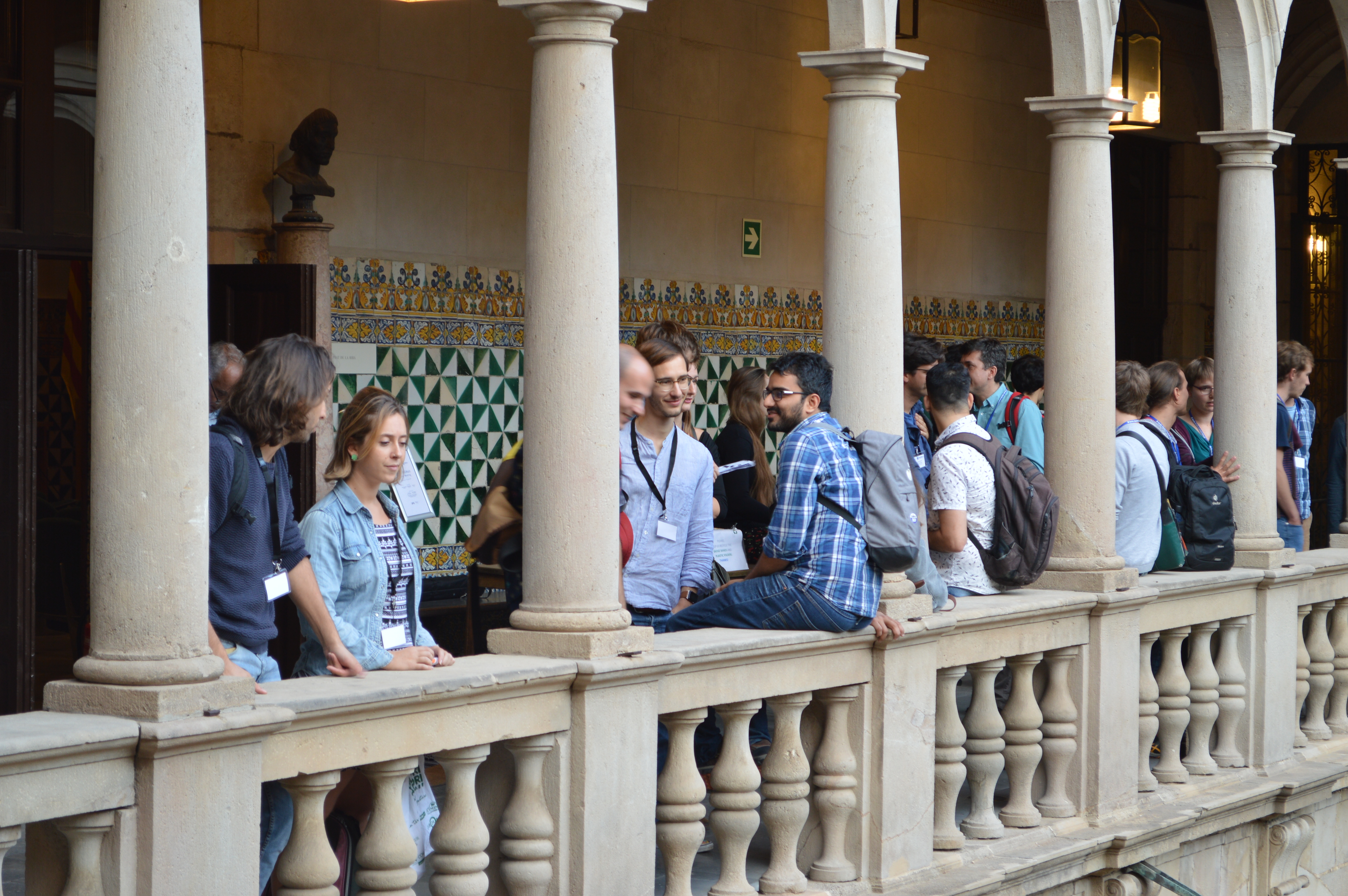
Title: Mean estimation: statistical and algorithmic problems –
by Gábor Lugosi (UPF)
Abstract:
We discuss the perhaps most basic problem of statistics: how can one estimate the expected value of a random variable from a sample of independent copies? We argue that the usual empirical mean is far from being optimal and we survey various alternatives and their performance guarantees. The multivariate case presents interesting challenges, both statistical and algorithmic. The talk is based on joint work with Shahar Mendelson.
Title: An introduction to time series mining –
by José Antonio Lozano (BCAM)
Abstract:
In this talk we will give an overview on time series mining. Particularly we will concentrate on classical problems in data mining such as clustering, supervised classification and outlier (anomaly) detection. For these problems we will emphasise the differences between working with time series or regular vectors. In addition to that we will present new problems that appear in the area of data mining when working with time series and also point out to the complexity of working with time series streams.


Schedule
| 11:00 | Presentation by Carme Cascante (BGSMath Director) |
| 11:15 – 12:15 | Mean estimation: statistical and algorithmic problems, Gábor Lugosi (UPF) |
| 12:20 – 13:20 | An introduction to time series mining, José Antonio Lozano (BCAM) |
Speakers
Gábor Lugosi / UPF
Biosketch
 Gábor Lugosi graduated in electrical engineering at the Technical University of Budapest in 1987, and received his Ph.D. from the Hungarian Academy of Sciences in 1991. Since 1996, he has been at the Department of Economics, Pompeu Fabra University, Barcelona. In 2006 he became an ICREA research professor.
Gábor Lugosi graduated in electrical engineering at the Technical University of Budapest in 1987, and received his Ph.D. from the Hungarian Academy of Sciences in 1991. Since 1996, he has been at the Department of Economics, Pompeu Fabra University, Barcelona. In 2006 he became an ICREA research professor.
José Antonio Lozano
Biosketch:
 My research interests are in the field of Statistical Machine Learning and Combinatorial Optimization. Particularly in Machine Learning we pursue the design and evaluation of new classification paradigms and algorithms able to produce predictive models which can be applied in different fields such as medicine, bioinformatics, ecology, etc. On the other hand, in the Combinatorial Optimization field we develop new heuristics and metaheuristic algorithms able to find a balance between quality of the solution and computational time, study their properties from a theoretical point of view and apply in the solution of real problems.
My research interests are in the field of Statistical Machine Learning and Combinatorial Optimization. Particularly in Machine Learning we pursue the design and evaluation of new classification paradigms and algorithms able to produce predictive models which can be applied in different fields such as medicine, bioinformatics, ecology, etc. On the other hand, in the Combinatorial Optimization field we develop new heuristics and metaheuristic algorithms able to find a balance between quality of the solution and computational time, study their properties from a theoretical point of view and apply in the solution of real problems.
